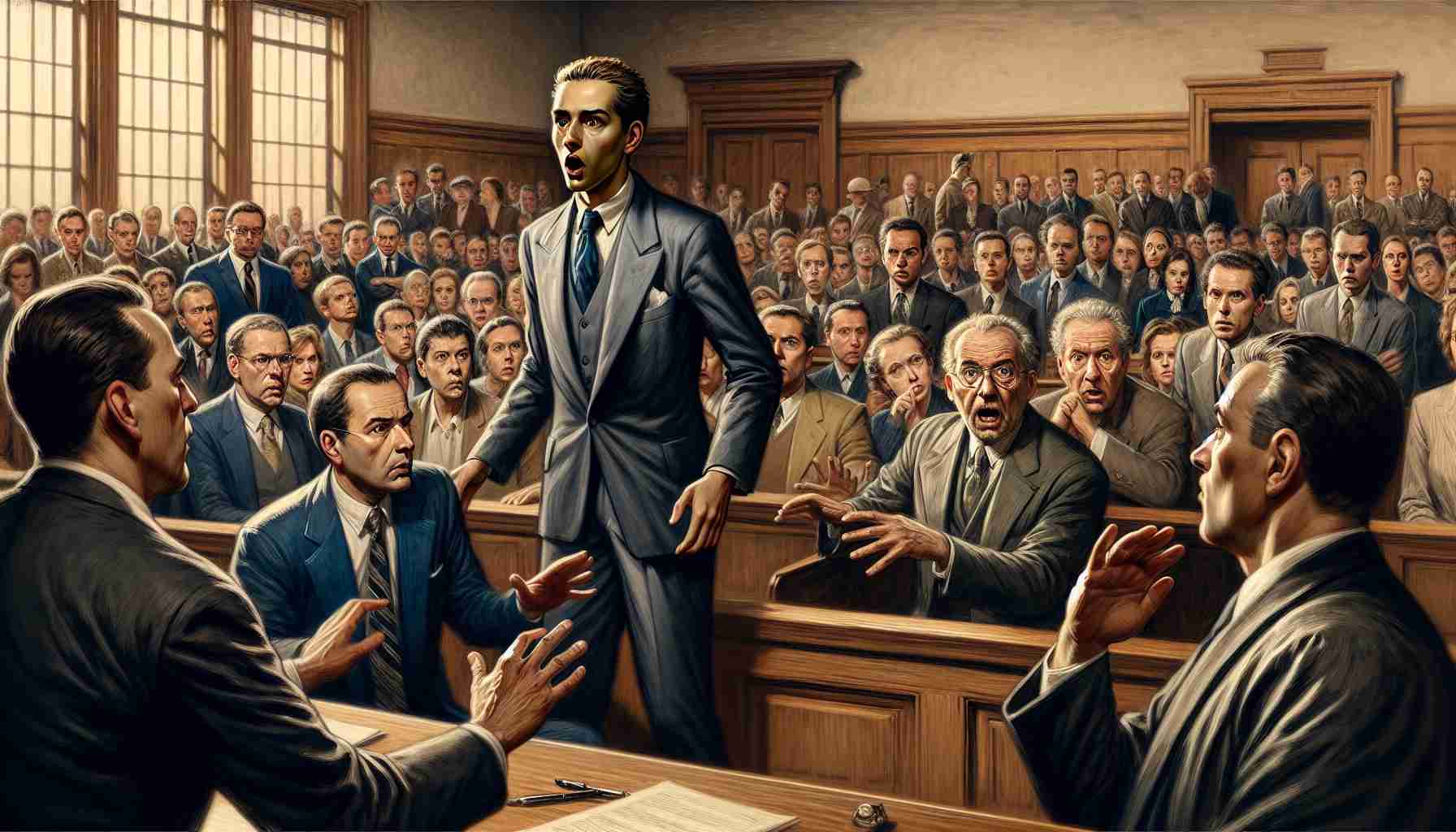
Steve Bannon’s Courtroom Surprise: The Guilty Plea No One Saw Coming
- Steve Bannon pleaded guilty to charges related to defrauding donors in a New York nonprofit scheme focused on building a border wall.
- Bannon agreed to a plea deal resulting in a three-year conditional discharge, avoiding jail but barring him from managing nonprofits or fundraising in New York.
- The case underscores New York’s commitment to combating charity fraud, highlighting legal efforts to protect donor funds.
- Bannon’s legal troubles, including a previous federal indictment, continue amid accusations of political motivations behind these actions.
- The situation reflects broader issues of political figures facing legal challenges, with potential implications for future political and legal matters.
In a dramatic turn of events, Steve Bannon has entered a guilty plea to charges stemming from a scheme to defraud donors of a nonprofit aiming to build a border wall. The New York courtroom buzzed with anticipation as Bannon faced the state charge, linked to his involvement with an organization that raised millions but allegedly misused $15 million of donor funds.
Under a strategic plea agreement, Bannon avoids jail time but is hit with a three-year conditional discharge. This decision restricts him from leading nonprofits or fundraising for charities in New York, signaling a significant fall from grace for the former chief strategist. His signature courtroom attire—an untucked shirt and weathered jacket—served as a reminder of his unconventional approach, even in legal skirmishes.
The case highlights the ongoing battle against charity fraud in New York, with the Manhattan District Attorney emphasizing the state’s commitment to safeguarding charitable contributions. Bannon’s legal woes echo past controversies, including a federal indictment in 2020 from which he was famously pardoned by former President Donald Trump. However, this state-level case remains beyond Trump’s pardon power.
This resolution puts an end to a long, contentious chapter, signaling a decisive stance on protecting New York’s charitable interests. As political tension simmers, Bannon continues to contend that these legal actions are fueled by political vendettas, maintaining his position among Trump’s staunch supporters.
In this unfolding saga, Bannon’s plea marks a pivotal moment, underscoring the legal complexities surrounding political figures and their often controversial dealings. The ripples of this case may well reverberate through future political and legal landscapes.
Steve Bannon’s Guilty Plea: What You Need to Know About Charity Fraud and Its Broader Implications
Understanding Charity Fraud and Bannon’s Case
What is Charity Fraud?
Charity fraud occurs when donations to non-profit organizations are misused or misappropriated. This can include false claims about how the funds will be used or outright theft of charitable donations.
Who is Steve Bannon and What Happened?
Steve Bannon, a former White House chief strategist and a prominent political figure, pleaded guilty to charges related to a scheme that defrauded donors in a non-profit organization intended to build a border wall. The organization managed to raise millions, yet $15 million were allegedly misused. Bannon’s plea resulted in a three-year conditional discharge rather than incarceration.
Pros and Cons of the Legal System’s Treatment
Pros:
– Accountability: Bannon’s guilty plea emphasizes the justice system’s role in holding individuals accountable for misusing charitable contributions.
– Deterrence: The case sets a legal precedent that may deter similar fraudulent activities within non-profits.
Cons:
– Conditional Discharge Controversy: Some argue that the three-year conditional discharge underplays the severity of misusing donor trust, potentially failing to serve as a strong enough deterrent.
– Public Trust Erosion: High-profile cases like these may erode public trust in charities, potentially affecting donor willingness to contribute to legitimate non-profits.
Market Forecast and Insights
Future of Charity Regulation:
– Increased Oversight: Expect enhanced regulatory scrutiny on non-profits, particularly those engaged in high-profile causes, to prevent mismanagement and fraud.
– Technological Interventions: Adoption of blockchain for transparent tracking of charitable funds could become more widespread, offering donors increased confidence.
Security Aspects and Innovations
Digital Transparency Tools:
– Non-profits might increasingly use technologies that enhance transparency, such as blockchain, ensuring that funds are appropriately managed and allocated.
Predictions and Trends
Charity Sector Predictions:
– As accountability measures tighten, non-profits may need to adapt by providing more detailed reports on fund usage, leading to an era of transparency in charitable operations.
– High-profile figures involved in fundraising will come under increased scrutiny, potentially affecting how campaigns with celebrity endorsements are perceived.
Compatibility with Political Narratives
Bannon’s Political Influence:
– Despite legal setbacks, Bannon remains a polarizing figure within U.S. politics, indicating that his influence and the narratives he supports will continue to play a role in shaping political discourse.
Links to Further Reading
– For comprehensive information about legal proceedings and regulations, visit the New York courts: New York Courts
– For insights into non-profit regulation and compliance, visit the National Council of Nonprofits: National Council of Nonprofits
These resources provide further understanding of both the legal landscape and effective non-profit management strategies.